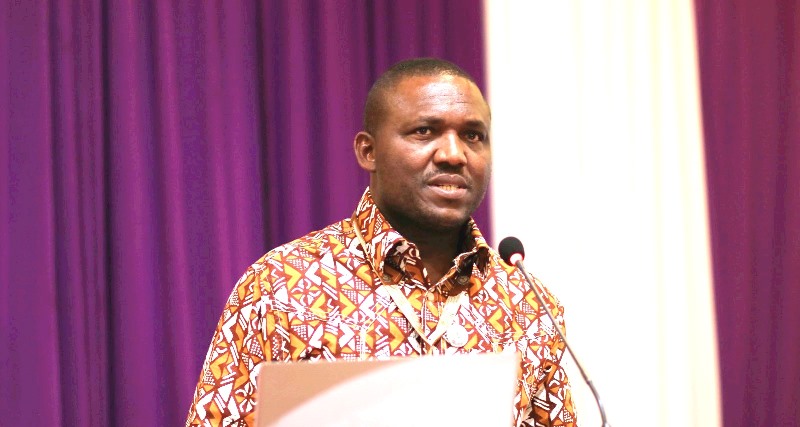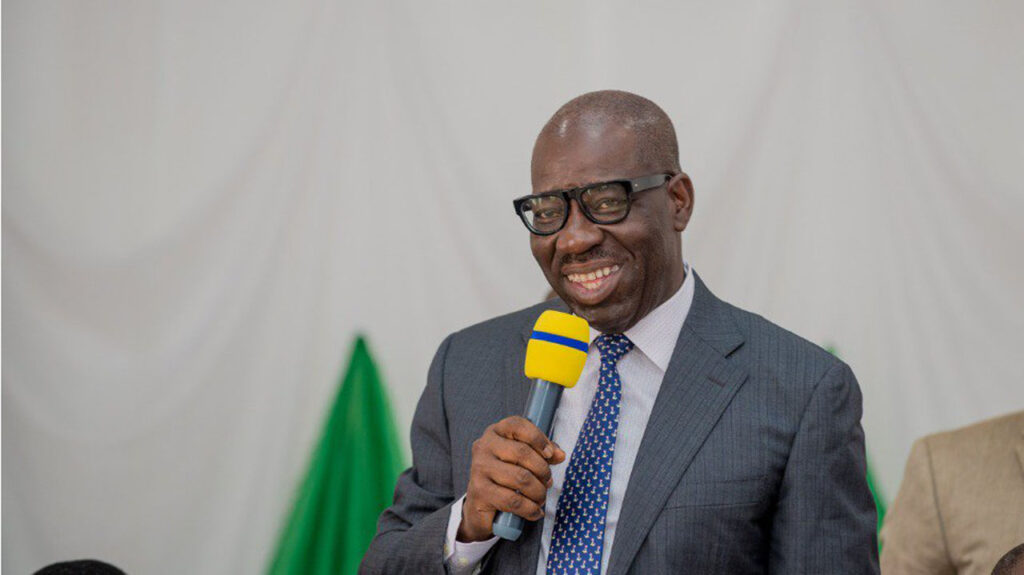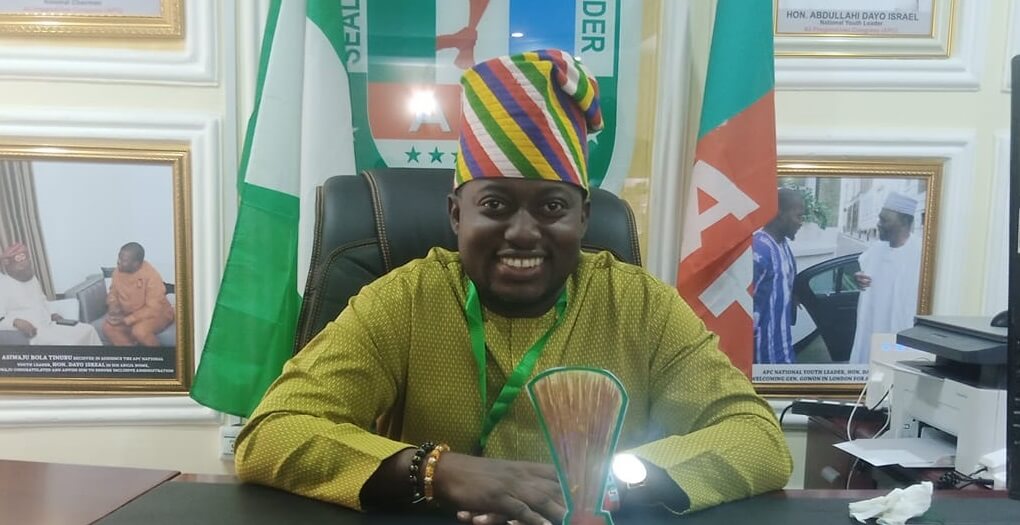
Former Minister of Finance, Olusegun Aganga, has attributed Nigeria’s socio-economic woes and underdevelopment to the dearth of strong institutions and weak governance.
Aganga, who spoke as a guest on a programme, ‘The Conversation’, organised by the Institute of Chartered Secretaries and Administrators of Nigeria (ICSAN), lamented that Nigeria was not where it was supposed to be in terms of industrial advancement and economic development, noting that some achievements recorded by the nation since independence as “cases of isolated success.”
He urged political leaders, governance practitioners and other stakeholders to re-dedicate themselves by embracing core ethical values and norms, which he described as inevitable to nation-building, political stability, progress and development.
He spoke on the theme ‘National Planning, Governance and Economic Growth, Charting the road for the future.’Aganga, who is also a former Minister of Industry, Trade and Investment, said, “We are not where we want to be. If you look at our revenue, it is not diversified. It is still over 90 per cent foreign income from one source; that is oil.
“The quality of the revenue is very poor as it is still subject to the volatility of the oil price in the international oil market. If you look at the size of the revenue, it is still very small. The debt service to revenue ratio today is about 83 per cent, and as you can see, that is very bad. By comparison, the debt service to revenue ratio in the UK is just 1.9 per cent.
“GDP per capita is only 19 per cent. The level of unemployment is very high. There are about 87 million people in absolute poverty and that is about 41 per cent of our population.
“The basis of our problem revolves around weak institutions, governance and leadership. It is down to poor development and implementation of our national plans.
“Having mineral resources in the soil does not make you rich as a nation. What makes you rich is what you do with them, that is the value you add to them. Unfortunately, we are still struggling with that. That is why we have not diversified the economy.
“We need to do more to have value-based leadership. We need to have strong institutions. Our students need to learn leadership values right from the primary schools, through to the secondary schools to the universities. Upon leaving school, they should attend leadership institutes.”
Earlier in his remark, President and Chairman of Governing Council, ICSAN, Bode Ayeku, said Nigeria needs to strive to connect the concepts of planning, governance and growth to achieve desired economic prosperity as a nation.
He highlighted some of the contributions the institute had made to the socio-economic development of Nigeria over the years, adding that the institute would continue to contribute its quota to national progress by guiding the policy direction both in the public and private sectors through well-articulated and pragmatic recommendations on governance matters.












